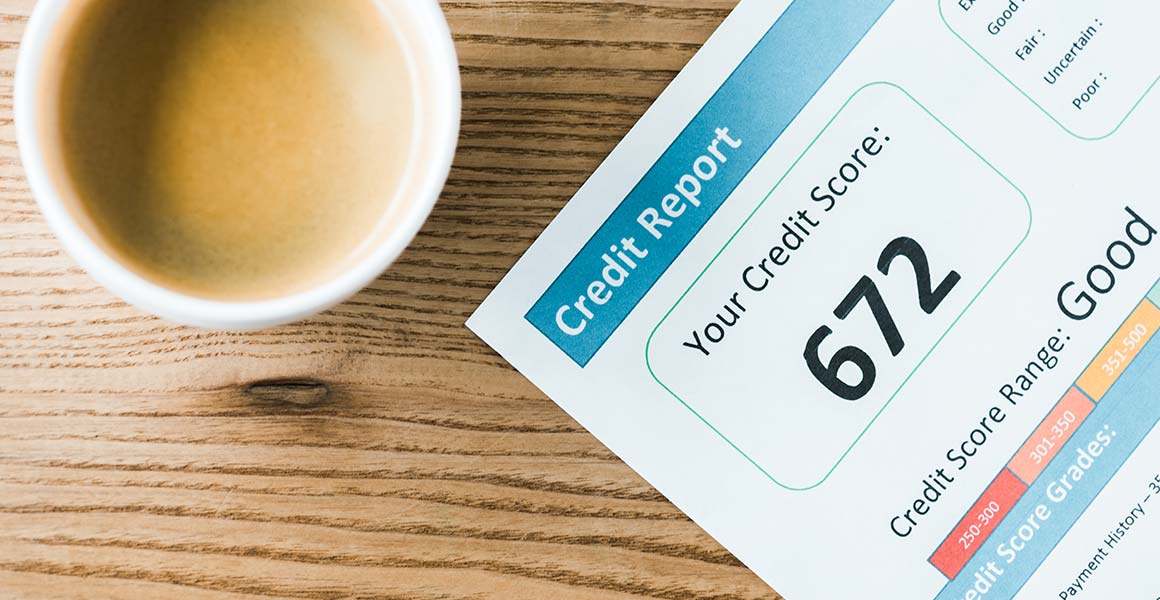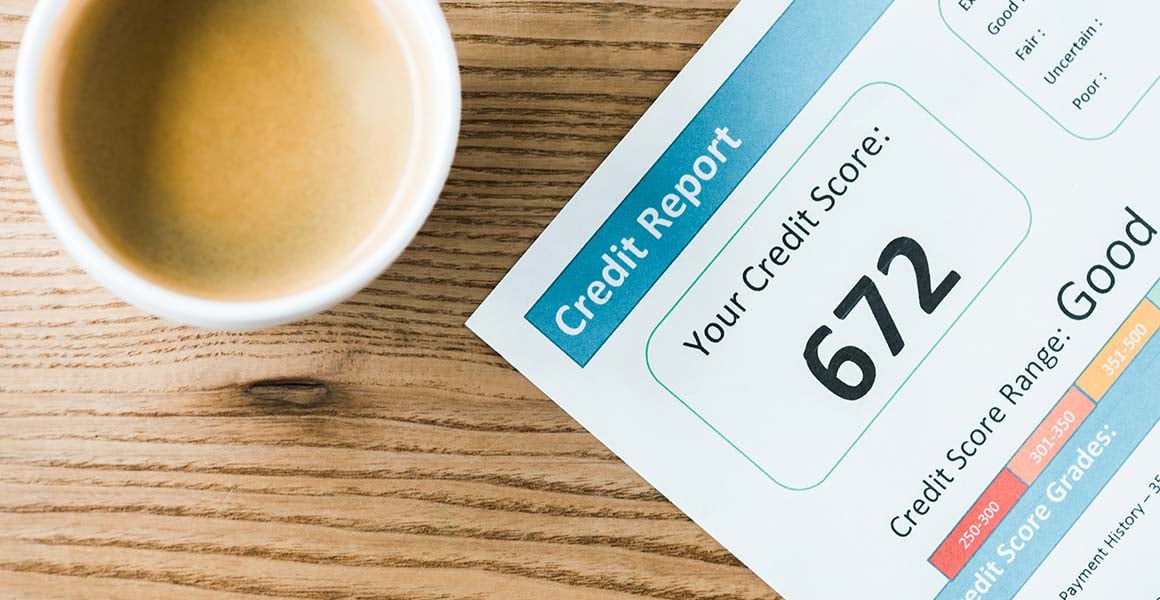
How Does a Personal Loan Affect Credit Score

A personal loan can be a great financial tool for people who need some extra cash right now but can’t or don’t want to use a credit card. One of the most common questions we get about them is, “how does a personal loan affect my credit score?”
As you may already suspect, personal loans work like any other type of loan when it comes to your credit. Most importantly, when you pay on time, your credit score can improve, but if you are late with payments, it could damage your score.
Personal loans can also affect your score in a few other ways depending on what you do with them. In this blog, we’ll explain how to get a personal loan, take an in-depth look at how personal loans affect credit scores, and finish by covering some of the most common reasons people get personal loans.
Applying for a Personal Loan
Applying for a personal loan will result in a hard inquiry on your credit. A hard inquiry reflects on your credit score and can lower it a bit.
These inquiries stay on your credit report for two years, so make sure a personal loan is the right choice for your situation before applying. The best thing you can do when you’re still undecided is to shop around.
Check different lenders and compare the pros and cons of each before making a decision. Submitting multiple applications exhibits bad borrower behavior and does not look good in the eyes of potential lenders.
You can check your credit yourself to get an idea of your current credit situation without creating a hard inquiry. The three major credit bureaus will give out a free copy of your credit report every 12 months.
Knowing your scores ahead of time will let you narrow down your choices and avoid applying for a loan that you don’t qualify for.
We recommend all potential borrowers go through a pre-approval examination to help us determine how likely they are to be approved for a personal loan. A pre-approval counts as a soft inquiry and will not affect your credit score.
Things to Consider Before Applying for a Personal lOAN
A personal loan is another monthly bill that you have to commit to for a set time. As such, the reason behind the loan must make sense.
You don’t have to take a personal loan unless it is a necessary move. Here are some considerations you should make:
- Interest rate and fees: All debt comes with an interest rate and some fees. Make sure that you can make monthly payments with these costs factored in.
- Other loan options: Before finalizing your decision, consider if there are other options available. You might see a different type of loan that has better conditions.
- Debt to income ratio: Consider how much you’ll need to pay each month with the new debt compared to how much you’re earning. It’s also one of the things that lenders consider before approving a loan. They need to know that you can pay the debt and still have enough for essentials.
When applying for a personal loan, make sure that the payments fit comfortably within your monthly budget. Otherwise, you’re only putting your credit score at risk, and it can lead you deeper into debt.
How a Personal Loan Can Affect Your Credit Score
Once you have a personal loan on record, it can help or hurt your score, depending on all the factors on your report. There are five main factors used to determine your credit score:
- Payment history
- Outstanding debt
- Credit History Length
- Credit Mix
- New Credit
Let’s look at how a personal loan affects each credit score factor.
Making On-Time Payments Boosts Your Credit Score
The two major credit scoring models are FICO and VantageScore. Both of them use payment history as the most influential factor, accounting for over a third of the score.
If you’re trying to improve your credit, a personal loan can be a great tool to make that happen.
Typical personal loans are paid off over several years. Making on-time payments for the full term of the loan will be extremely beneficial for your credit score in the long run.
However, a late or missed payment will result in deductions to your credit score. One way to prevent late payments is to set up an automatic payment system.
Remember, lenders are more interested in your payment habits in recent years than when you first started building credit. As long as you don’t miss a payment for over 30 days, you’ll be fine in this area.
What Happens if I Miss a Payment?
If you make a payment a few days late, you will be safe from any credit hits. However, if more than 30 days pass, it has a good chance of reaching your credit report.
Once this happens, your credit score gets a significant hit. A consumer with an excellent credit score of 800 can experience a 90-110 point drop.
Always consider your payment strategy. Establish a budget that pays for all your credit, and make sure you lower the loan principal with payments.
iT Lowers Your Credit Use
Credit can come from different sources like credit cards, home equity, and others. Avoid using the maximum credit limit you have to avoid any negative hits on your score.
High outstanding debt will hurt your score, and many recommend keeping it at 30%. If you have to go beyond it, don’t go over 50%.
Personal loans are unique to credit card balances as they don’t affect your credit limit in any way, giving you the much-needed liquidity to keep your score high. You can then work on handling payments and getting back on track.
ExtendS the Length of Your Credit History
No matter your lifestyle, lenders care about your experience with handling credit. There is a higher chance for them to accept someone with more years in their history of making payments than someone who has yet to prove themselves.
A personal loan can help build credit history due to the length of most loans.
Keeping your loan in good standing for the full term of the loan will reflect well on your score and be viewed favorably by lenders.
Diversifies Your Credit Portfolio
When you take a personal loan, you enter into an agreement where you pay in equal installments over a set period. It differs from a credit card, where you can always use it but repeatedly pay it down.
By having the two, you create diversification, improving your credit score by showing lenders you can manage different kinds of debt. However, by taking a personal loan, you are still getting into debt.
Don’t get a loan that you don’t need. You should always have a good reason to use the loan and keep the credit mix as an add-on. It won’t help you if you can’t make payments for both.
New Loans Count as New Debt
This factor examines all the lines of credit you’ve opened and any debt you’ve taken on recently. Many new types of debt can mean that you’re overspending and that you may be in a dire financial situation.
Getting a personal loan won’t significantly impact your credit score if you haven’t opened any new loans or credit accounts in the past two years.
However, having too many new accounts on your report may prevent you from getting a personal loan. If you do get a personal loan, it will be challenging to get another line of credit in the following few years.
The Best Use for a Personal Loan
A personal loan is always an option, but at times it isn’t the best one for your situation. For many people, it’s something they consider when they no longer have other financial options.
One of the most common mistakes is to take out loans to spend more on vacations or events. While the loan will help up front, those on a tight budget may only restrict their finances further.
Here are some of what many consider the best uses for personal loans:
- Emergencies: If you find yourself in a sudden expensive emergency you cannot afford, a personal loan can create some breathing room. Make sure that the terms are in your favor, though.
- Paying off other debt: High interest rates can eat away at your finances and make debt hard to pay down. If you find that the personal loan will cost you less and have a lower interest rate, use it to consolidate the balances of your high interest rate accounts.
- Home remodeling: While other loans often leave you with your home as collateral. A personal loan doesn’t have to put your home at risk.
If you’re planning to use a personal loan for a non-emergency purpose, then you have to weigh the pros and cons. At times, it is better to delay a vacation and spend more time saving rather than get into debt for it.
Wrapping Things Up
A personal loan can have positive or negative effects, depending on your approach and your situation.
You can use the loan to diversify credit or even improve your score. However, a personal loan can hurt your score if you're not careful, especially with missed payments.
Take your time to shop around for a loan that fits your needs. At 121 Financial Credit Union, we offer personal loans with some of the best fees and interest rates.
We’ve helped many people find the right loan, and we can help you, too. Contact us if you want to learn more.
